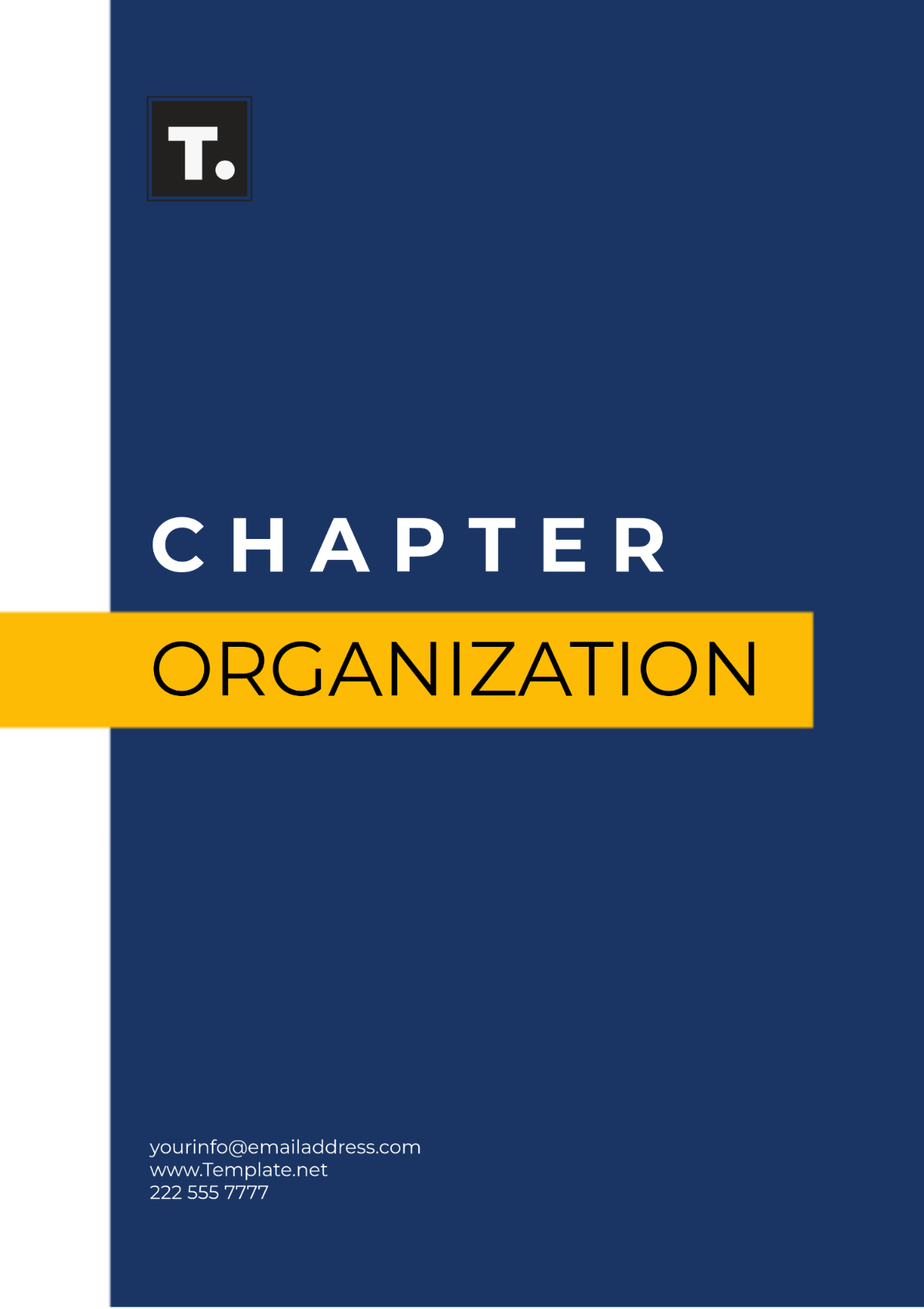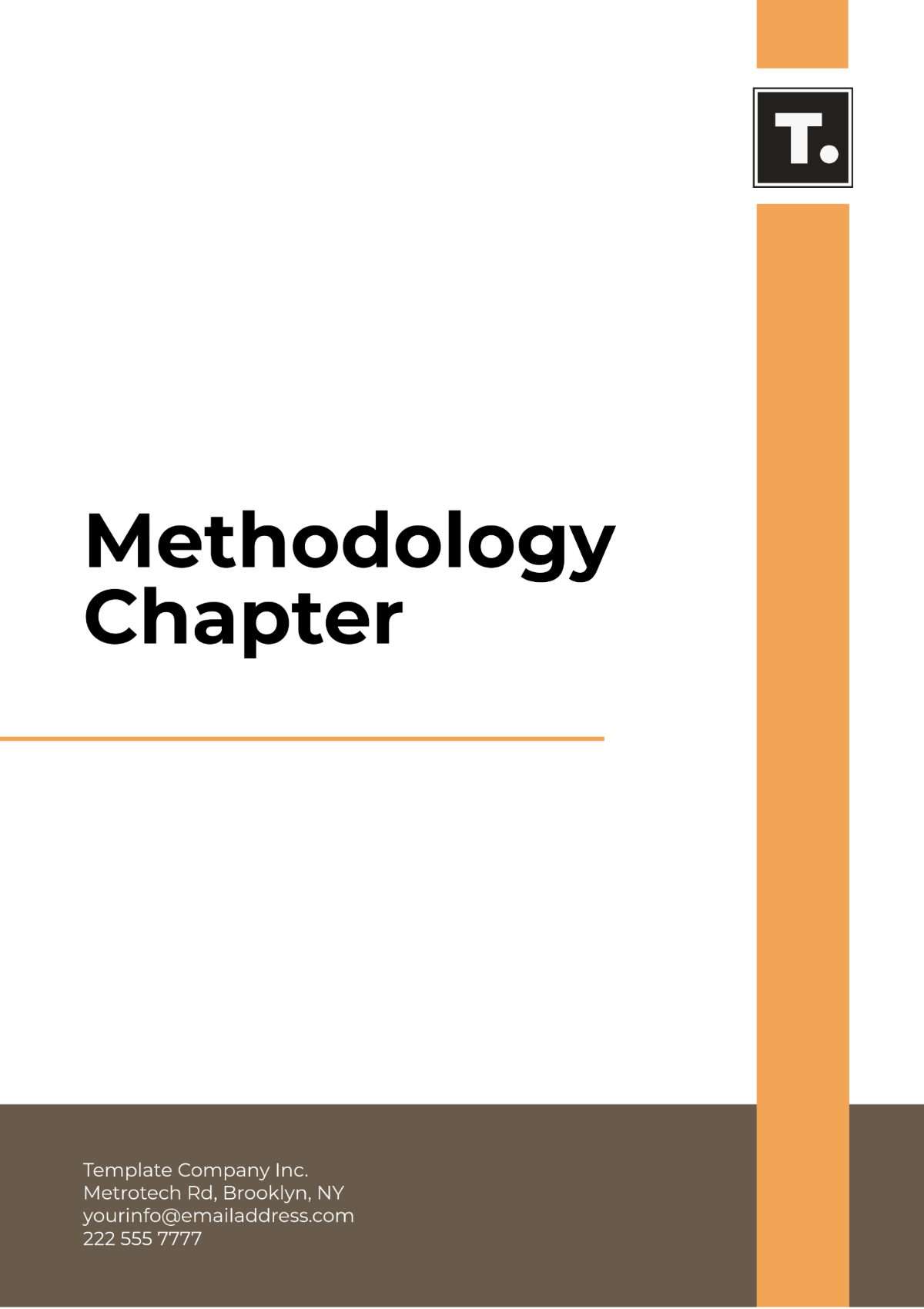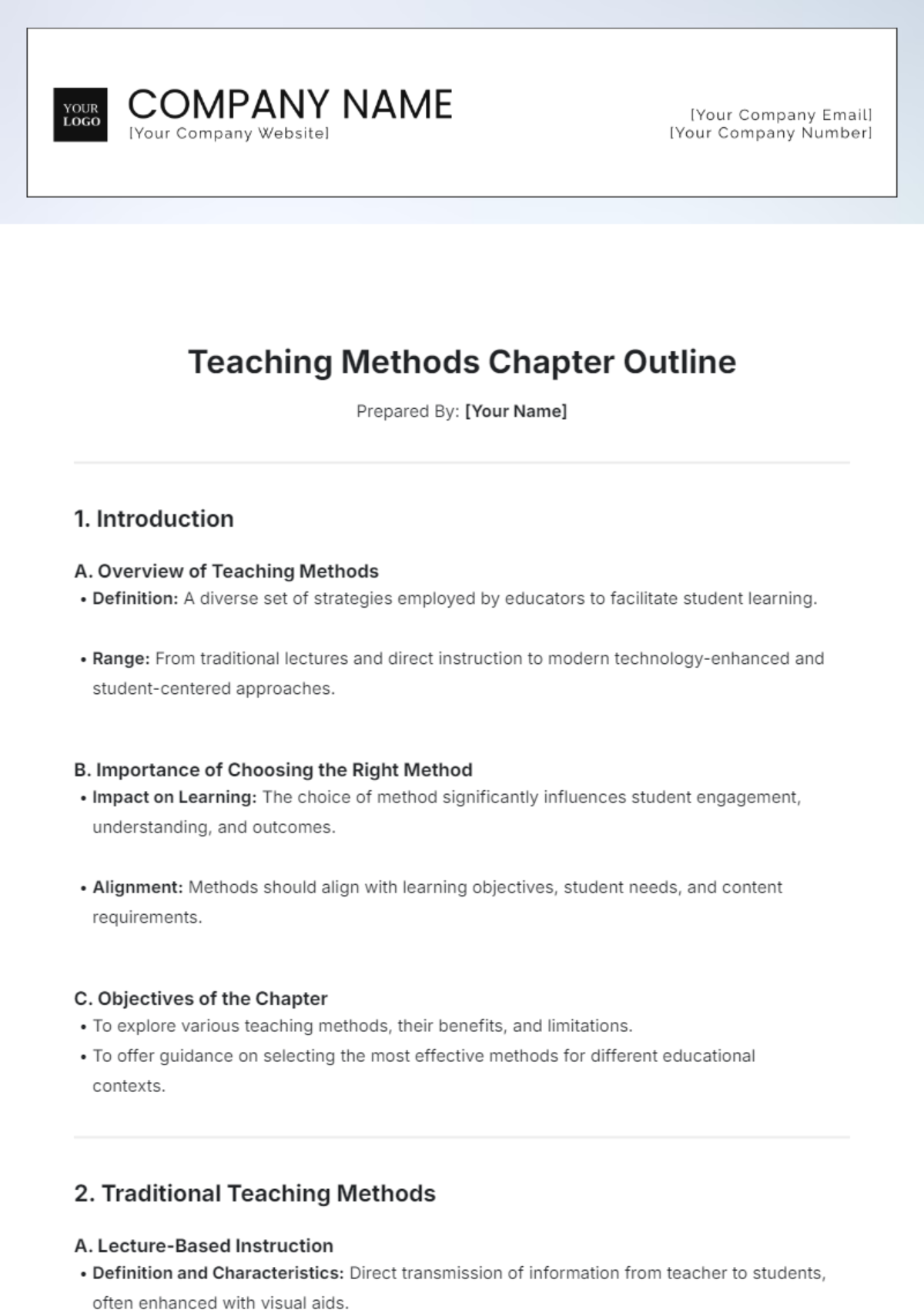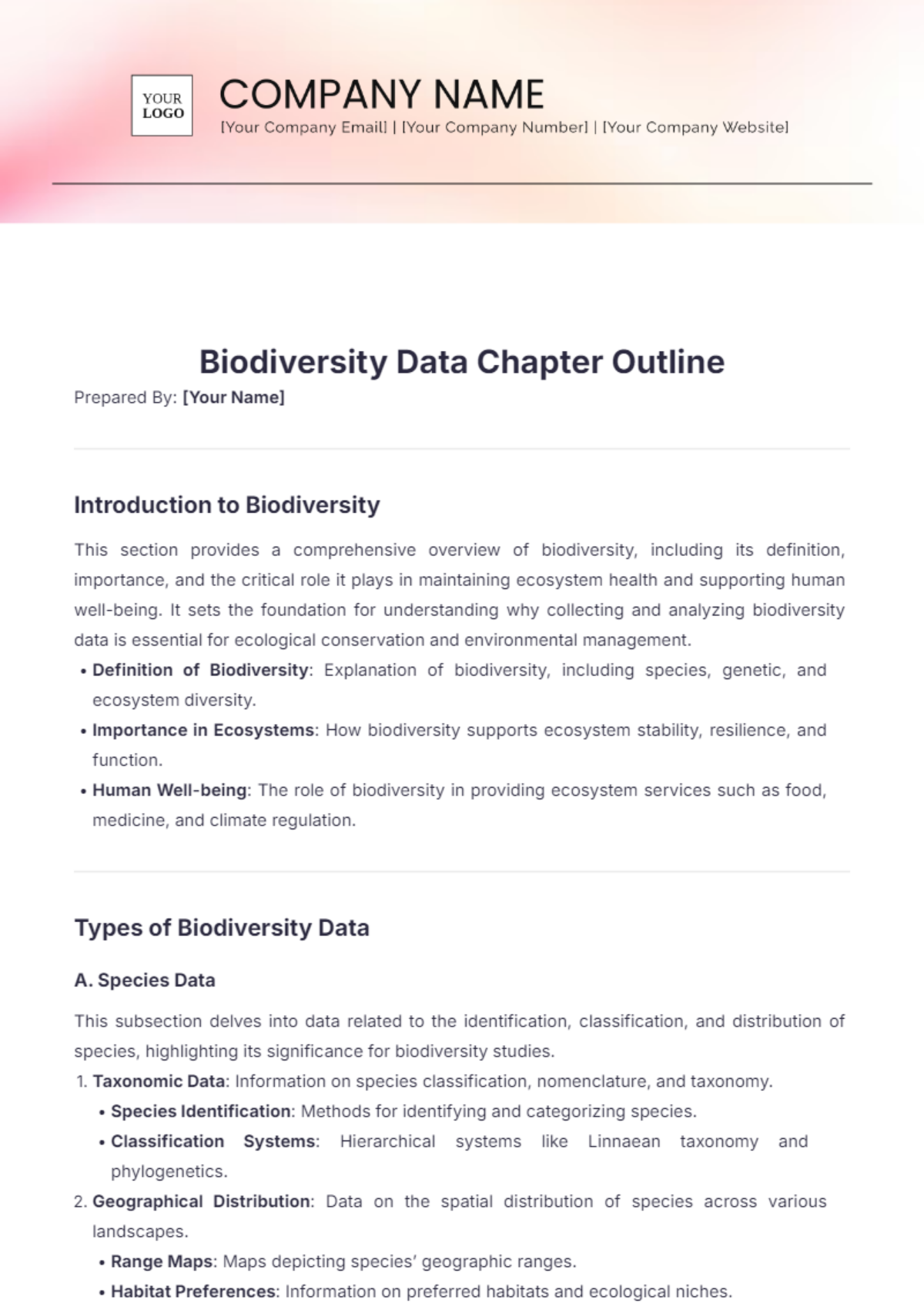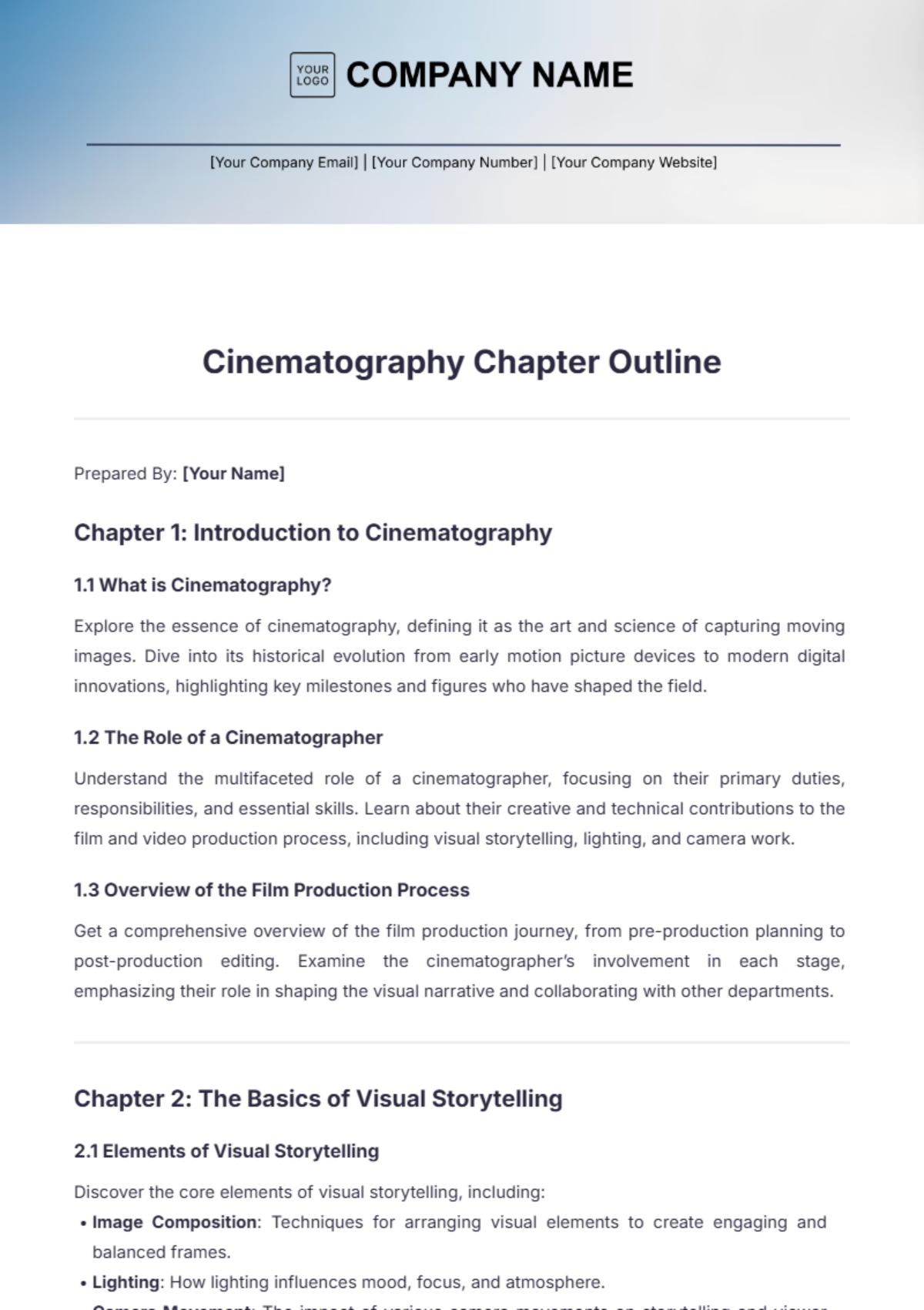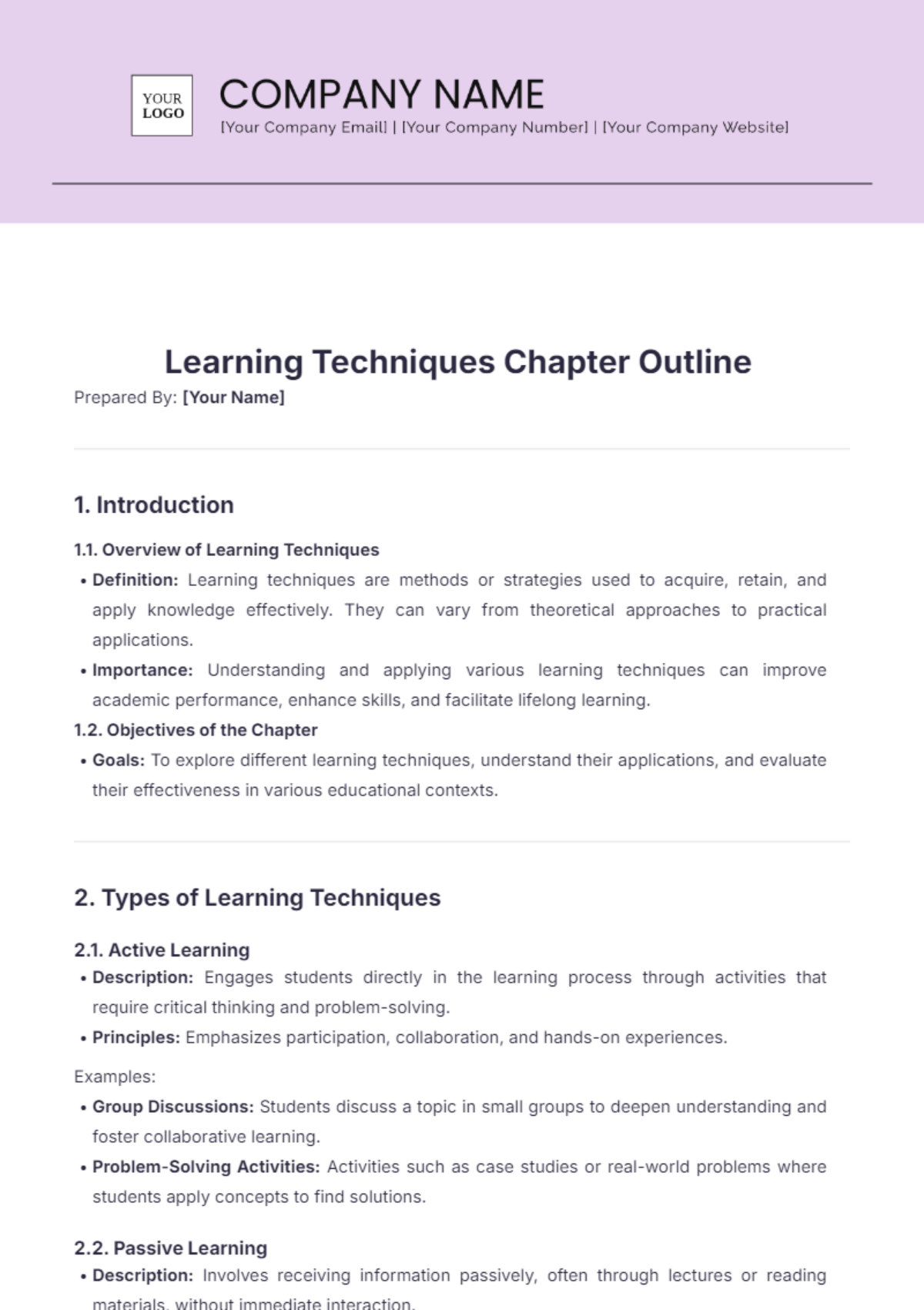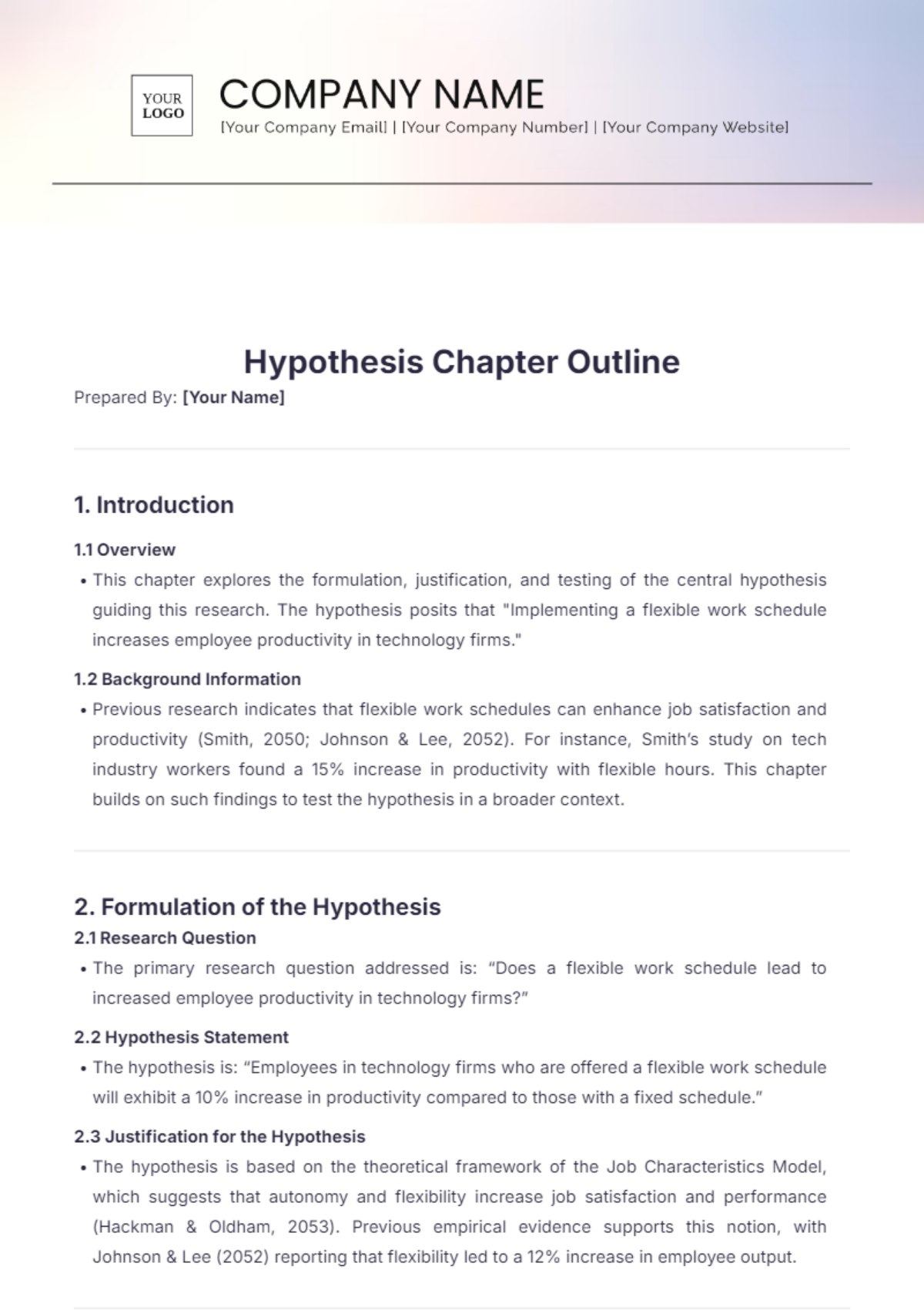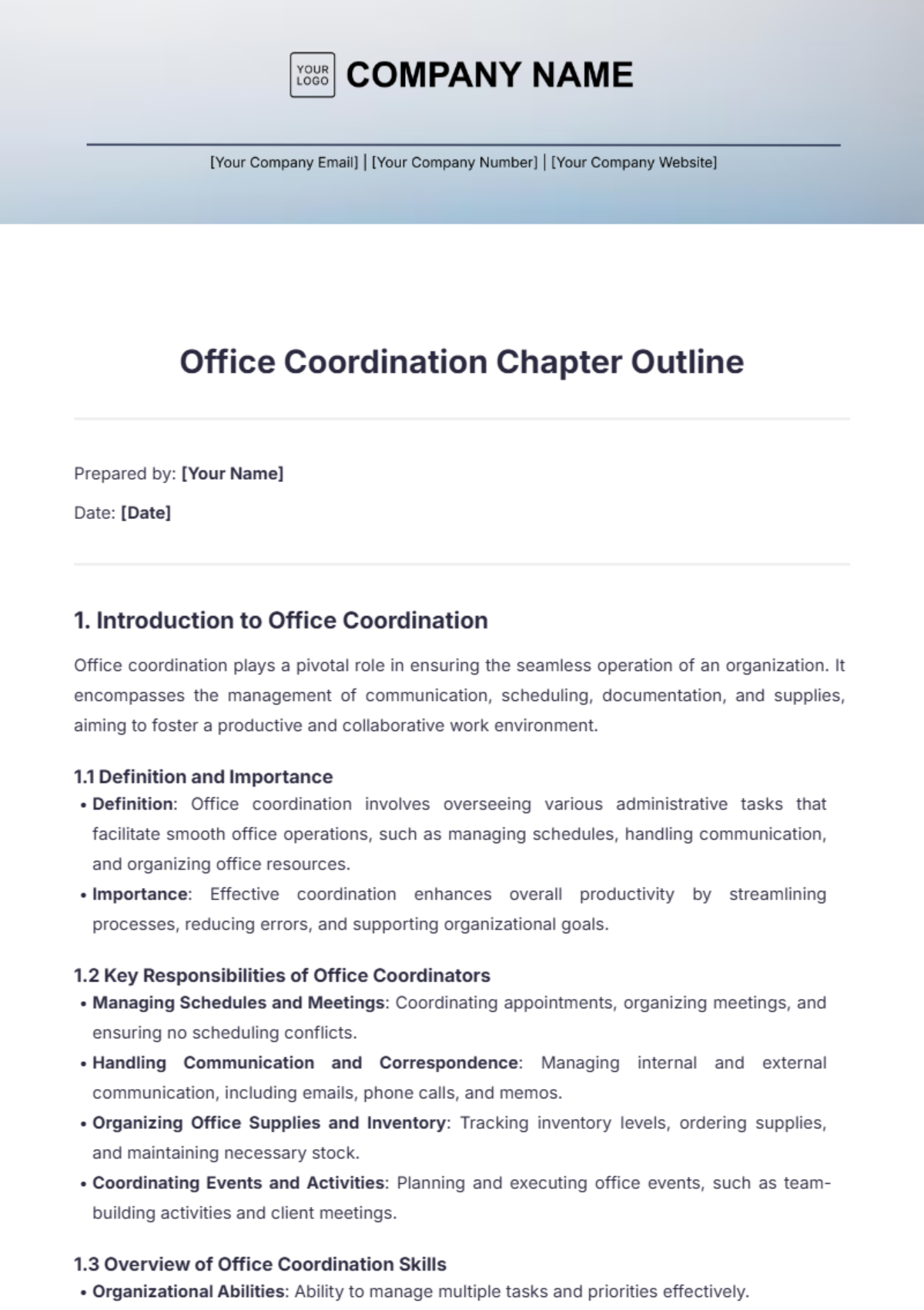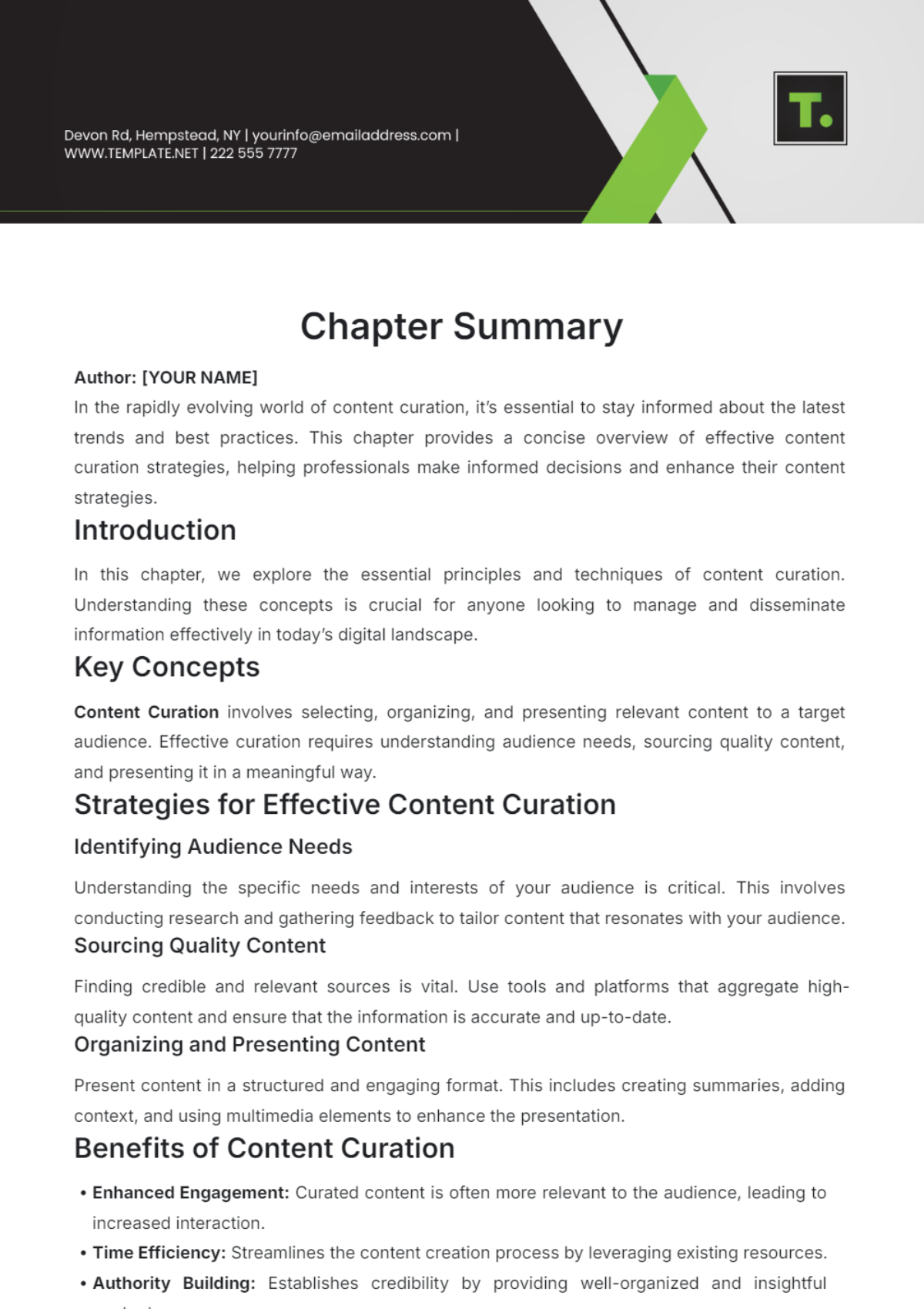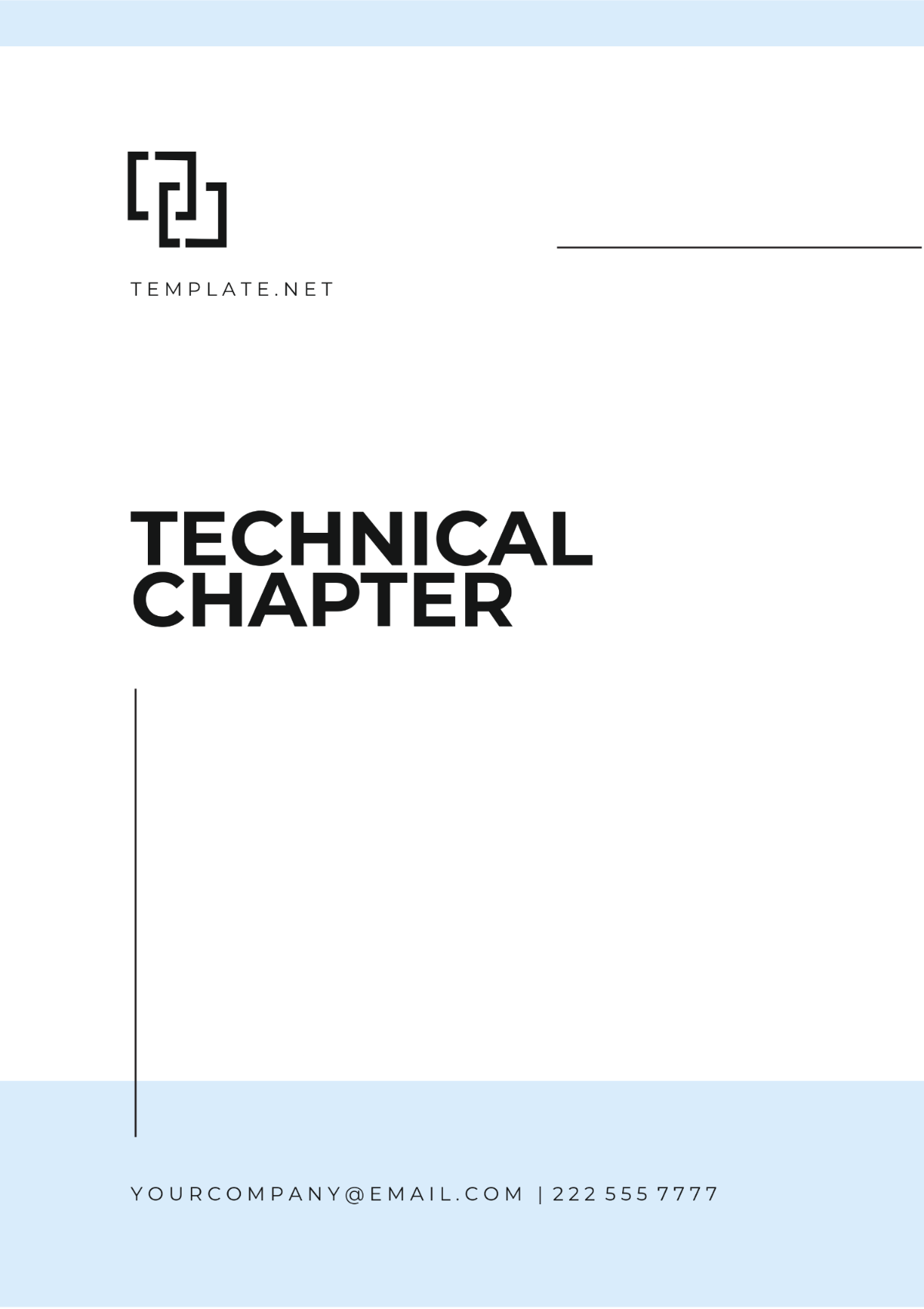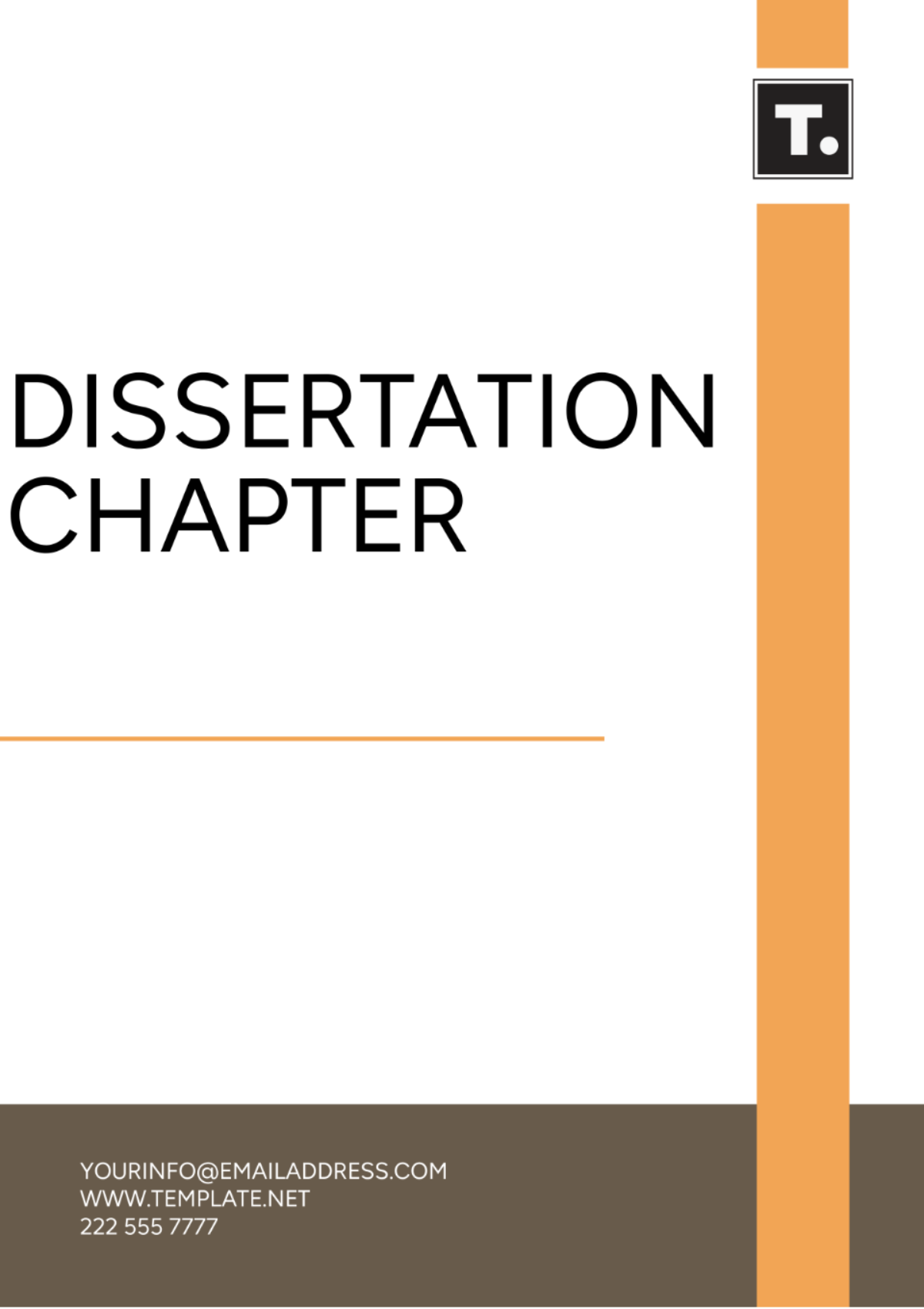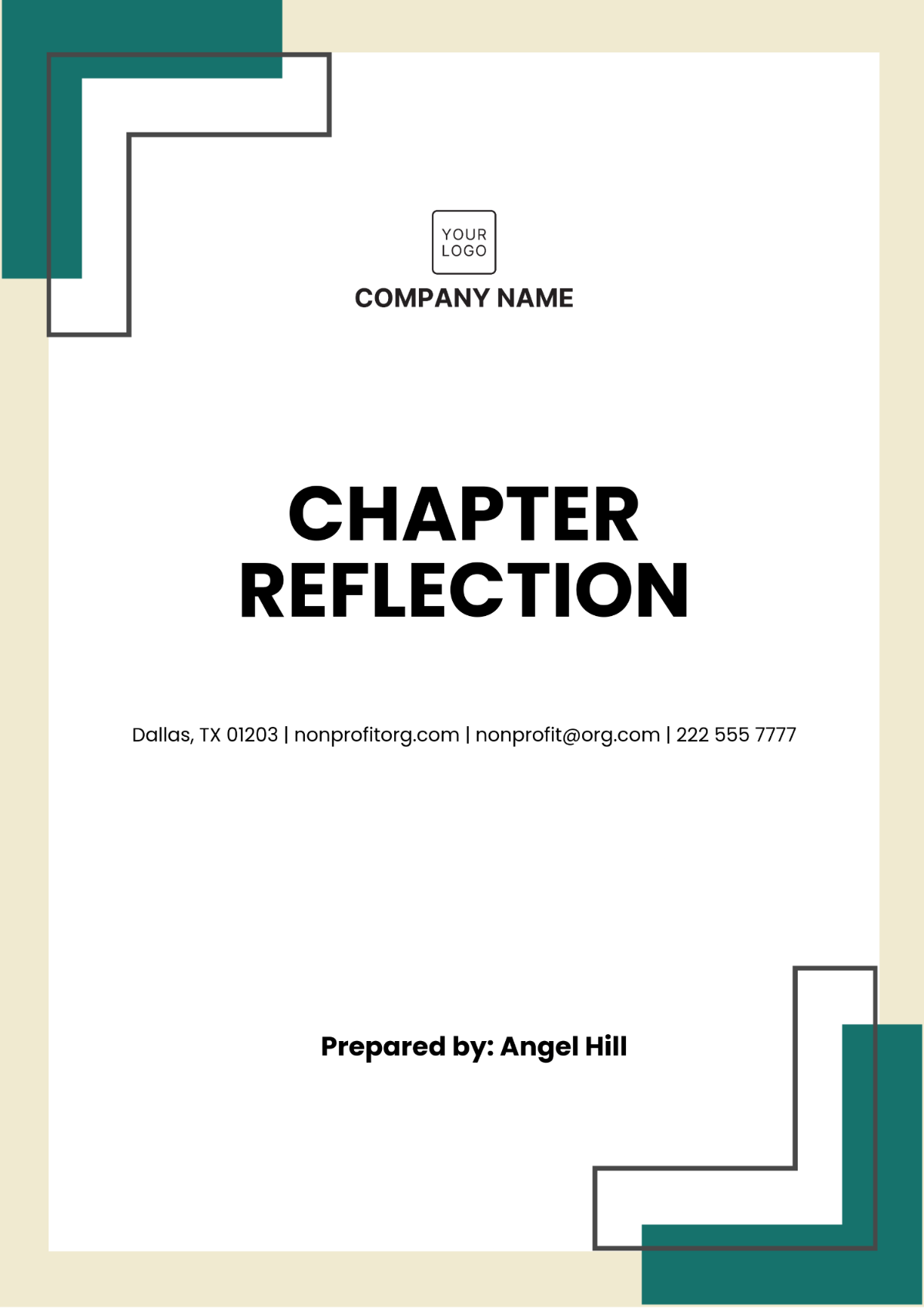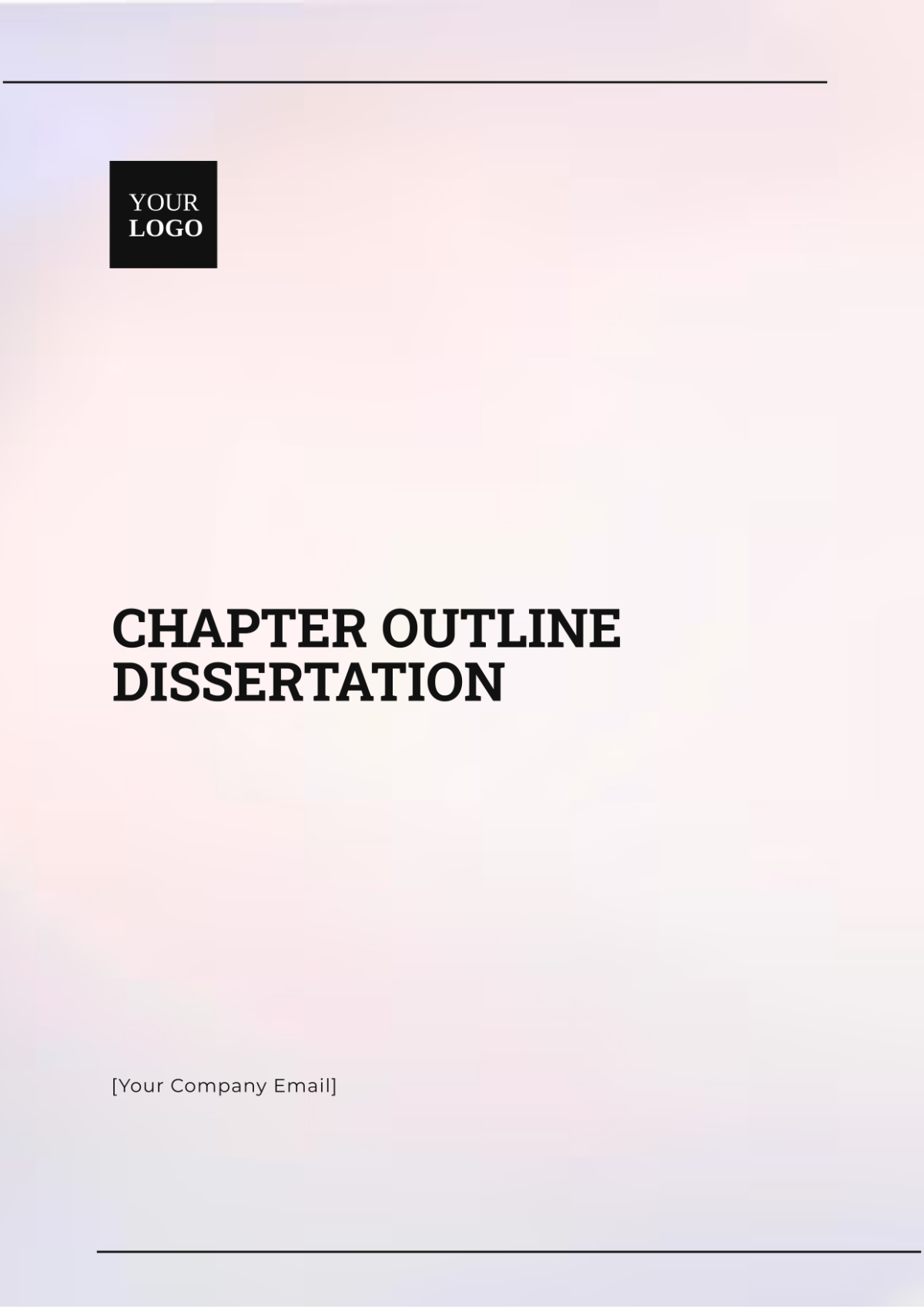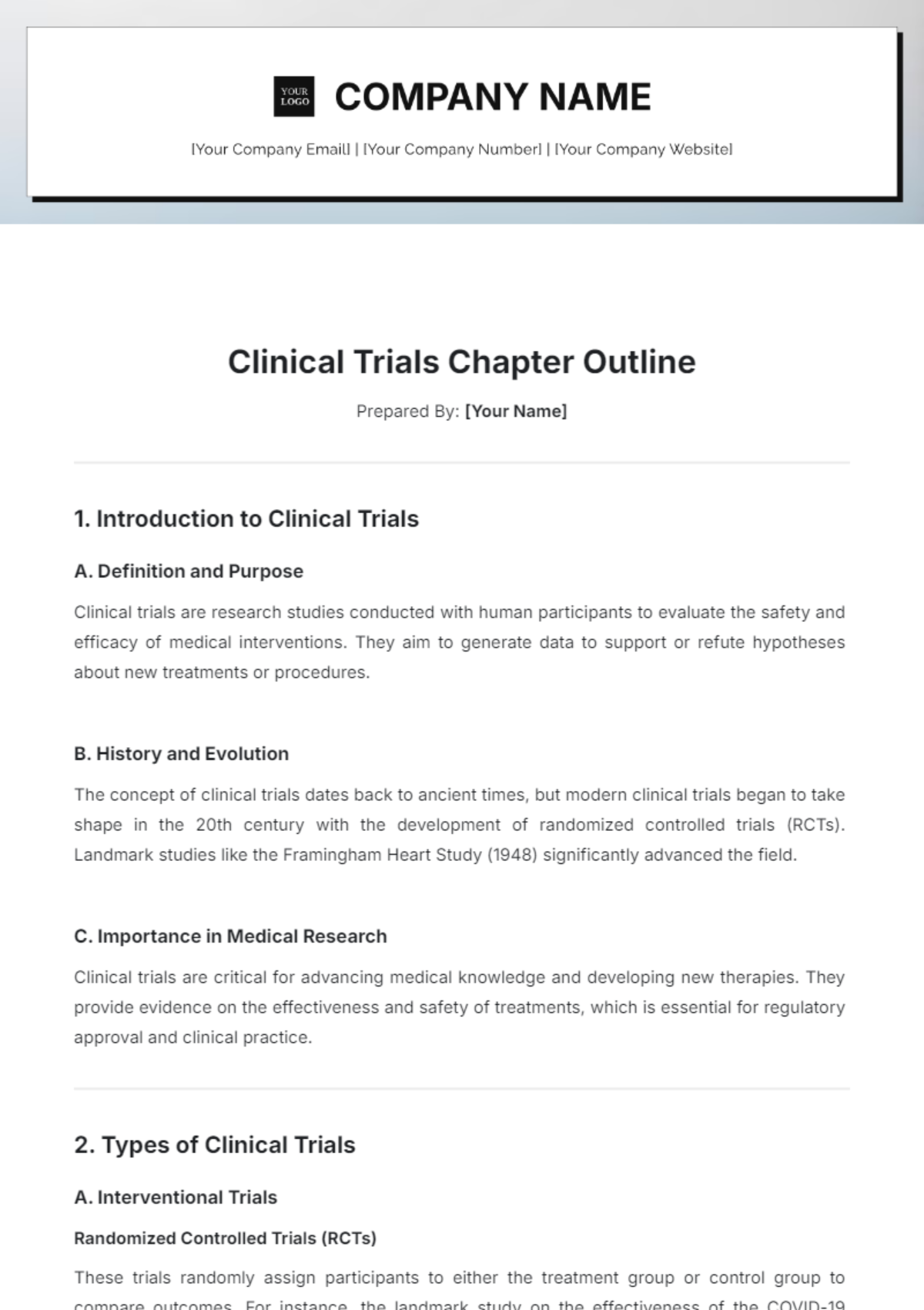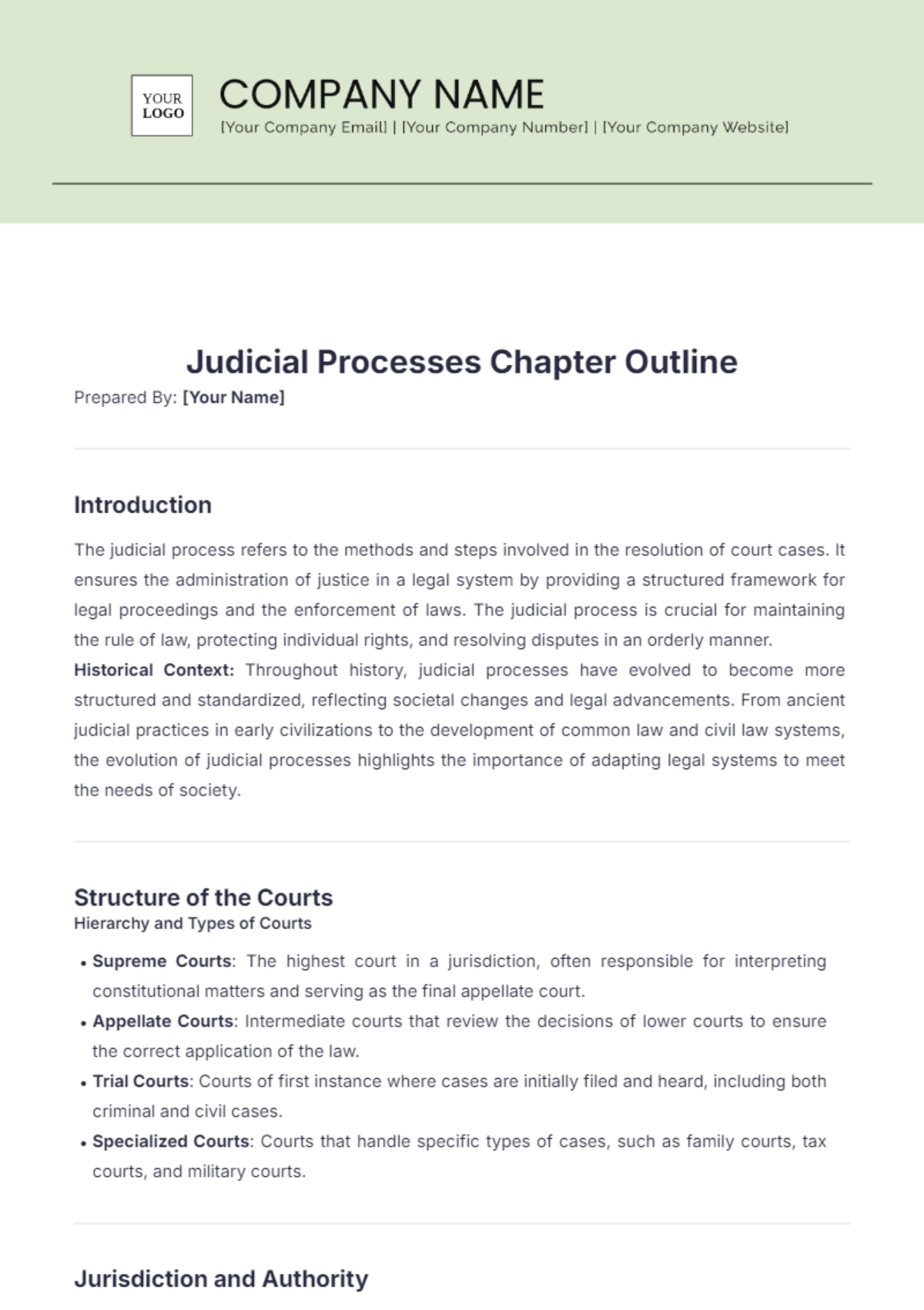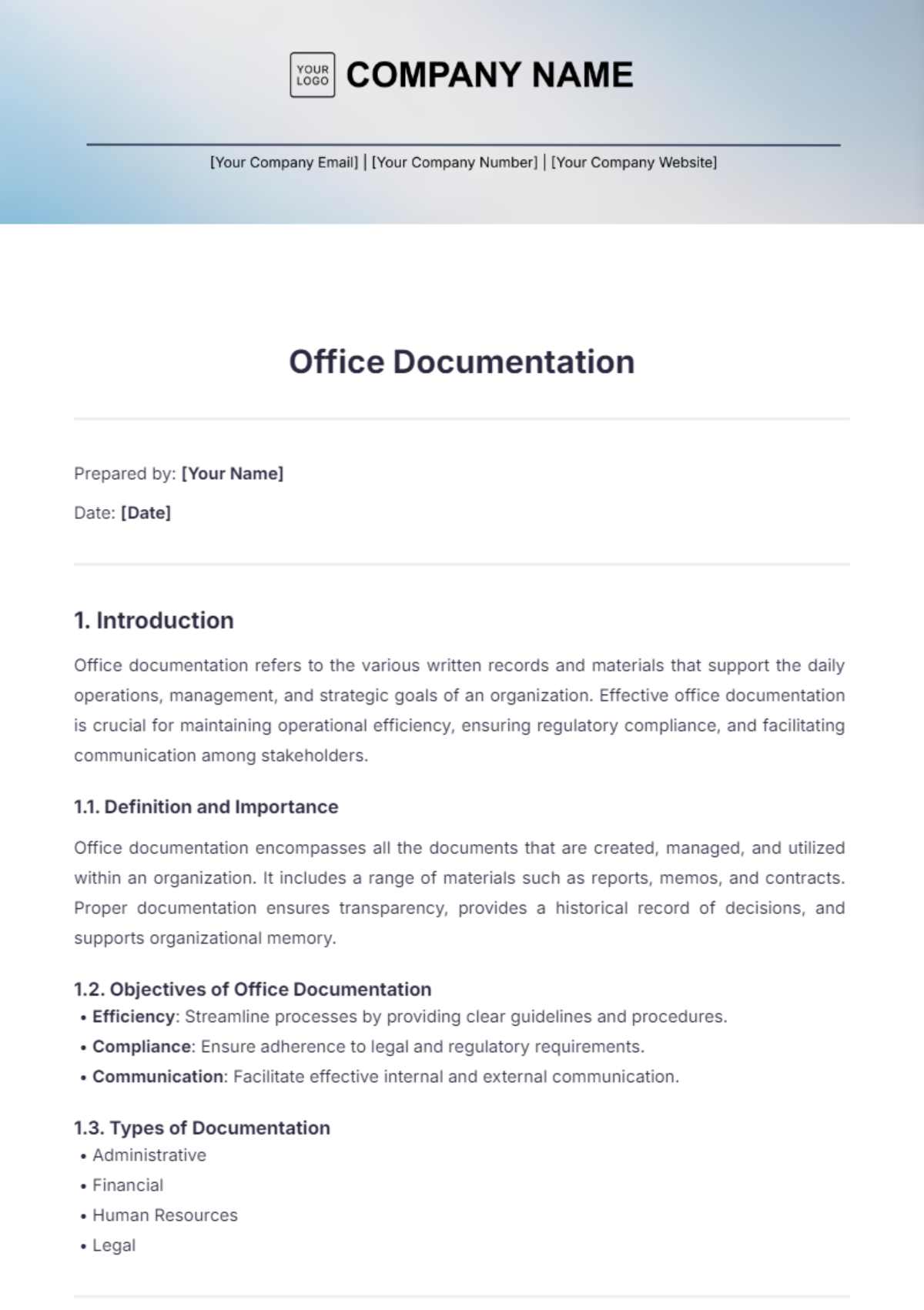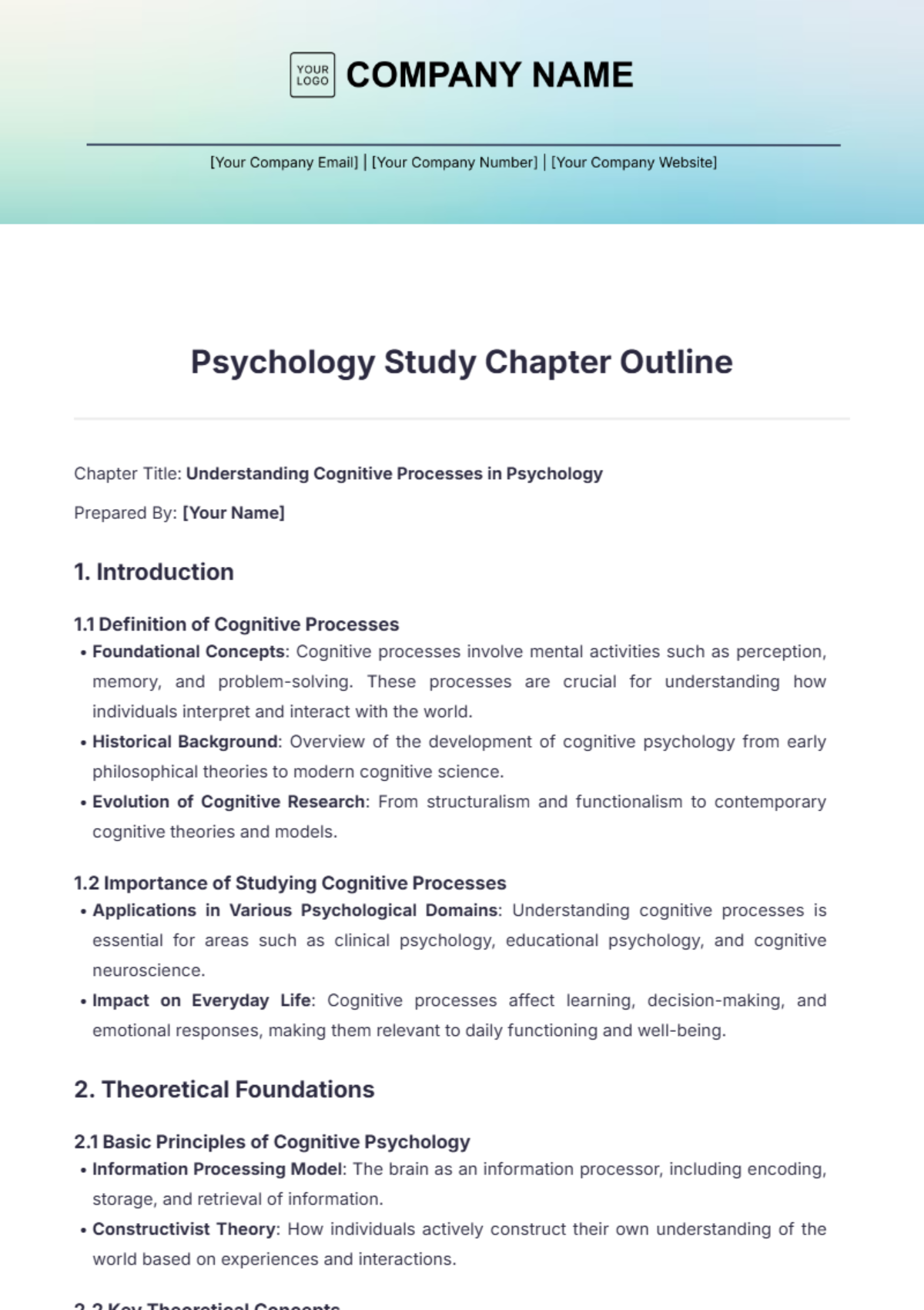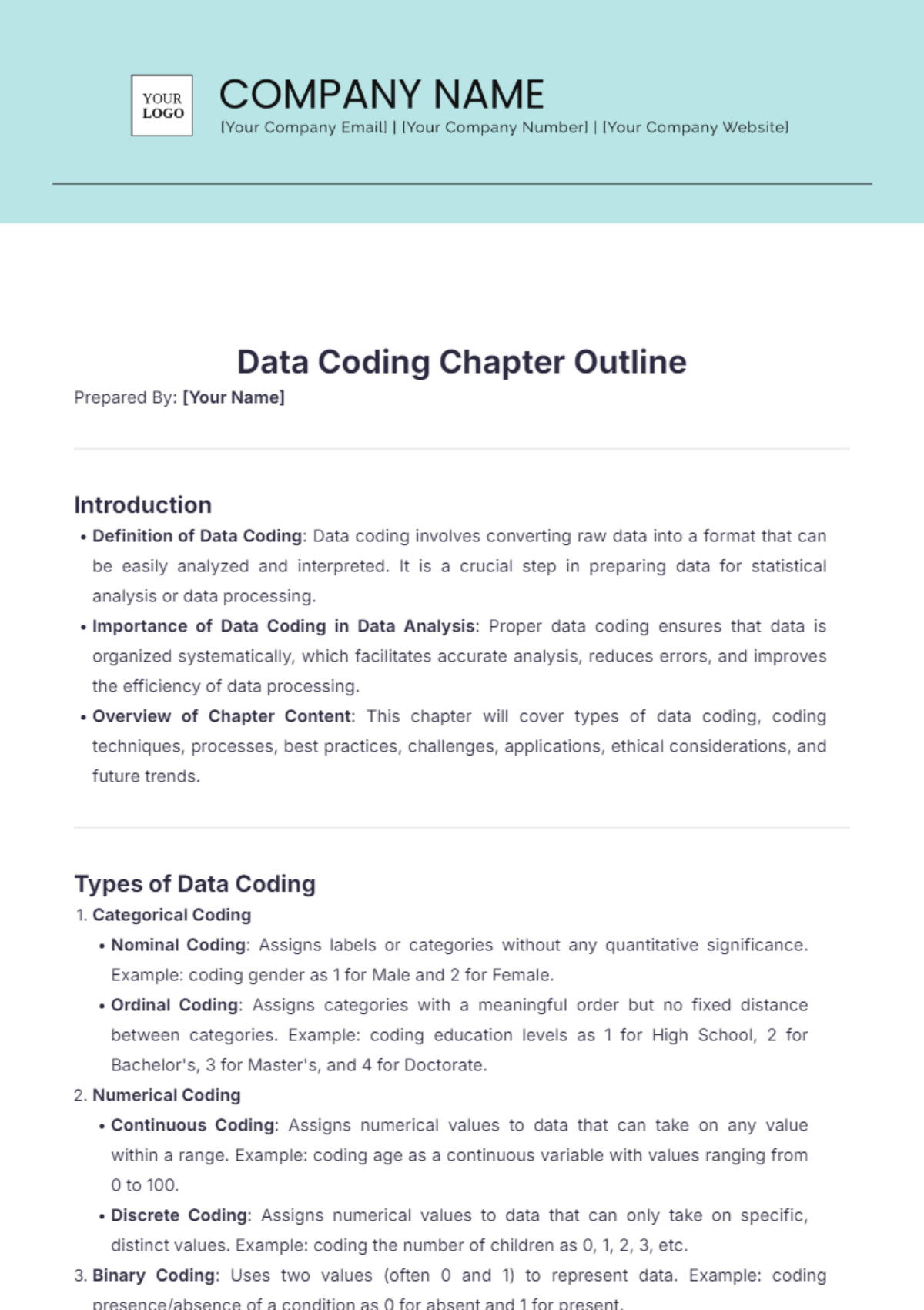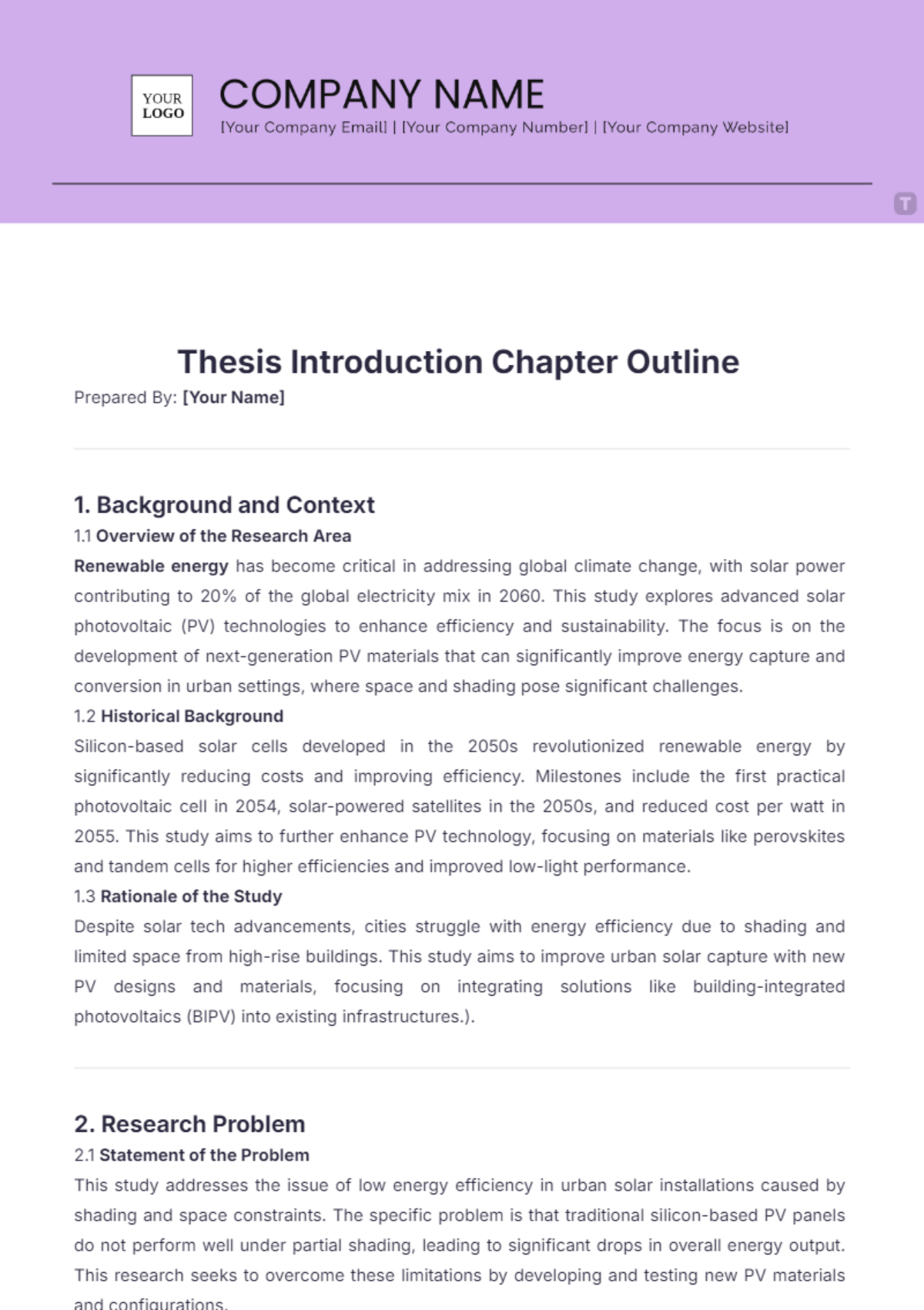Industrial Engineering Chapter Outline
Prepared By: [Your Name]
I. Introduction
Industrial Engineering is a field of engineering concerned with optimizing complex processes, systems, or organizations. It focuses on improving efficiency, productivity, quality, and safety by integrating people, materials, information, equipment, and energy. At [Your Company Name], we leverage the principles and practices of Industrial Engineering to drive innovation and achieve operational excellence.
II. History and Evolution
A. Early Beginnings
Industrial Engineering has its roots in the Industrial Revolution, where the need to improve manufacturing processes led to the development of new techniques and systems. Early pioneers included Frederick Taylor and the Gilbreths.
B. Modern Developments
Modern Industrial Engineering has evolved to embrace advanced technologies, including automation, robotics, and information systems, to further enhance productivity and efficiency.
III. Core Concepts
A. Systems Thinking
Industrial Engineers frequently utilize systems thinking to understand and optimize the components and interactions within a system.
B. Optimization
Optimization involves finding the most efficient and effective solution to a problem by utilizing various mathematical and statistical models.
C. Human Factors and Ergonomics
This involves designing systems that accommodate human abilities and limitations, ensuring safety, comfort, and performance.
IV. Key Disciplines
A. Manufacturing Engineering
Production Planning
Process Engineering
Quality Control
B. Operations Research
Linear Programming
Simulation Modeling
Queuing Theory
C. Supply Chain Management
Logistics
Inventory Control
Demand Forecasting
V. Tools and Techniques
A. Six Sigma
Six Sigma is a data-driven approach and methodology for eliminating defects in any process, aiming for less than 3.4 defects per million opportunities.
B. Lean Manufacturing
Lean Manufacturing focuses on minimizing waste while optimizing processes, emphasizing value-added activities.
C. Statistical Process Control
This involves using statistical methods to monitor and control a process, ensuring that it operates at its full potential.
VI. Applications of Industrial Engineering
A. Healthcare
Improving patient flow, reducing waiting times, and enhancing the efficiency of healthcare delivery systems.
B. Manufacturing
Enhancing production processes, reducing waste, and increasing product quality in manufacturing settings.
C. Service Industry
Optimizing operations in sectors like banking, retail, and hospitality to improve customer satisfaction and operational efficiency.
VII. Challenges and Future Directions
A. Technological Advancements
The ongoing advancement of technologies such as AI, machine learning, and IoT presents new opportunities and challenges for Industrial Engineers.
B. Sustainability
There's an increasing focus on developing sustainable practices to reduce environmental impact and promote long-term viability.
C. Globalization
Globalization introduces new complexities in supply chains and operations, requiring adaptive and strategic approaches in Industrial Engineering.
VIII. Conclusion
Industrial Engineering is a dynamic and ever-evolving field that plays a critical role in optimizing processes and systems across various industries. As technology and global conditions change, Industrial Engineers at [Your Company Name] will continue to drive innovation and efficiency.








